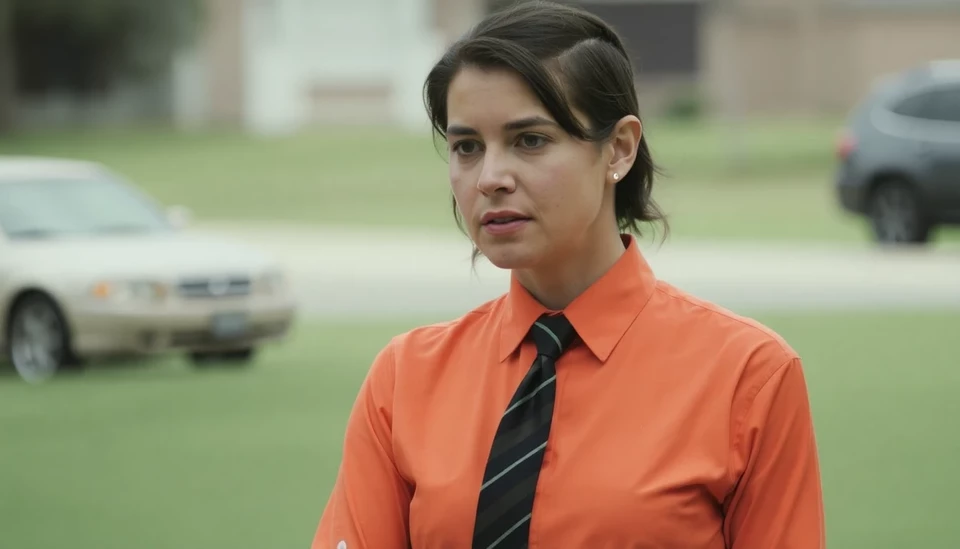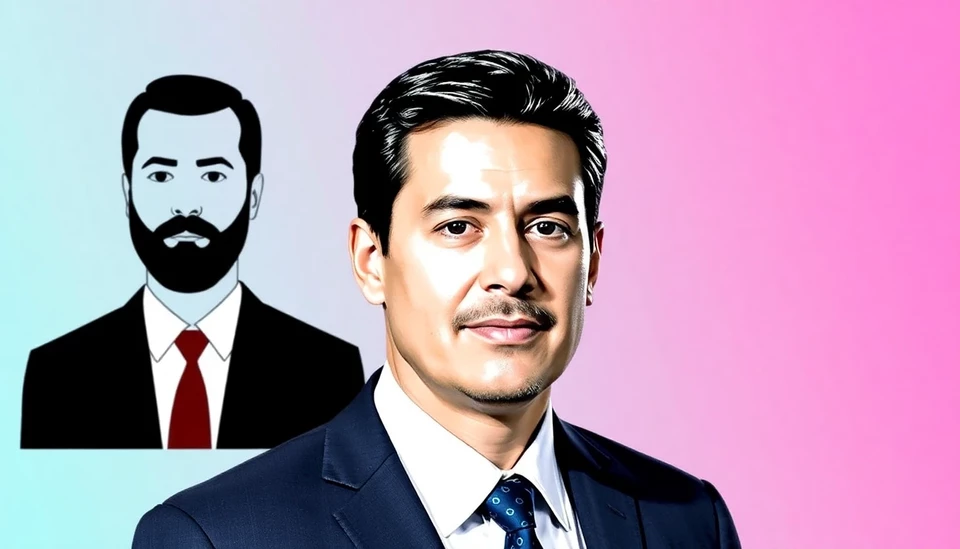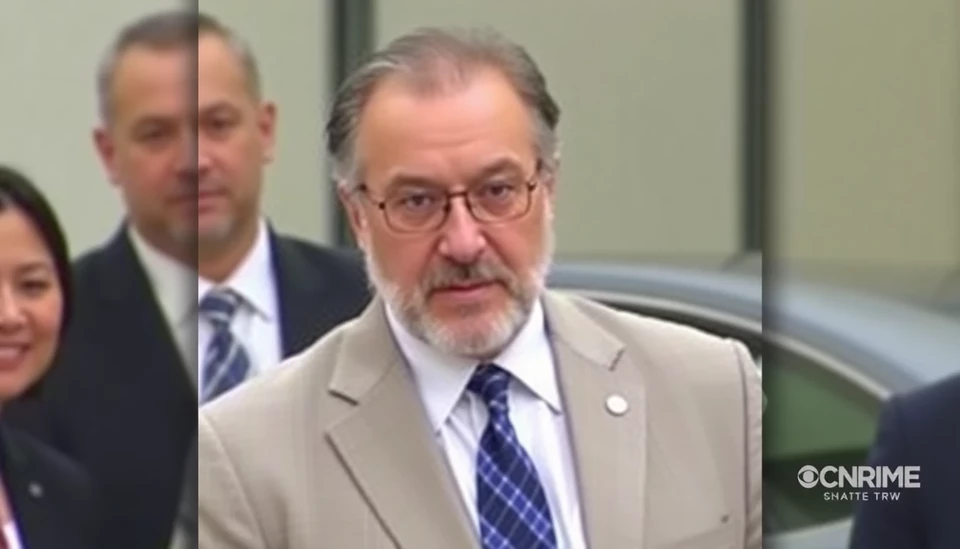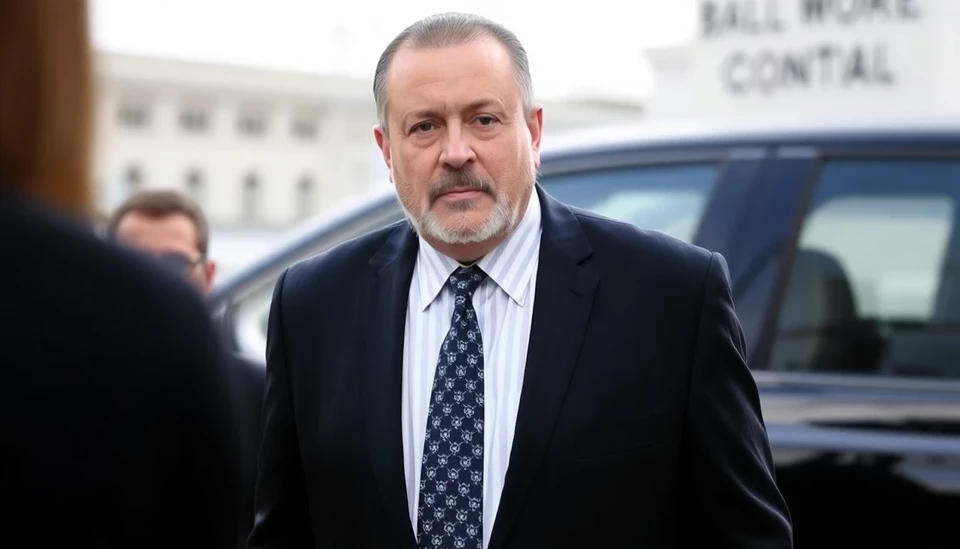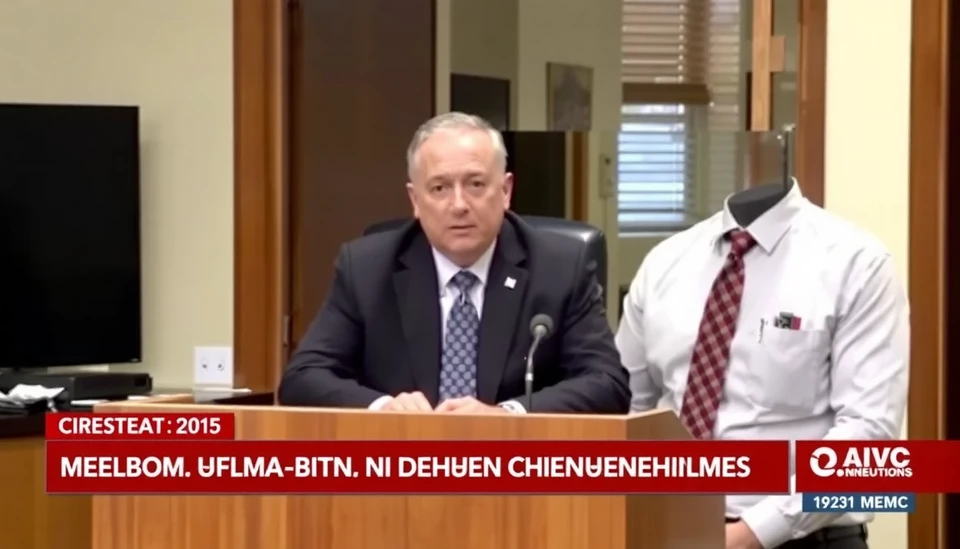
In a chilling turn of events, Luigi Mangione, a suspect in the high-profile murder of a prominent CEO, has ignited a wave of unexpected admiration from certain sectors of the public. His situation has raised alarm bells among law enforcement officials and industry leaders, who are now concerned about the possibility of copycat incidents inspired by the attention and praise Mangione has received.
The case centers around the tragic murder of CEO Thomas Reynolds, whose untimely death sent shockwaves through the corporate world and left the community grappling with unanswered questions. As the investigation unfolded, attention quickly shifted to Mangione, who was arrested and charged with the crime. However, rather than facing public outrage, Mangione has found himself at the center of a controversial and unsettling admiration campaign.
Social media platforms have witnessed a swell of supporters rallying around Mangione, participating in discussions that commend his actions and portray him as a misunderstood figure. This shift in public sentiment poses a significant dilemma: is it possible that the glorification of a murder suspect could inspire others to follow suit? Experts in criminology and social behavior have voiced their concerns, warning that his newfound notoriety could set a dangerous precedent.
Critics argue that praising a suspect, especially in a case involving violence and murder, not only undermines justice but could embolden others who harbor similar intentions. The potential for copycat crimes becomes increasingly probable when perpetrators see their actions celebrated or romanticized in any form. Additionally, this phenomenon has been fueled by sensational media coverage, which too often focuses more on the drama surrounding the case than its tragic implications.
Authorities are now calling for a balanced approach in media reporting, advocating for responsible journalism that prioritizes factual coverage over sensationalism. They emphasize the importance of understanding the psychological impact that public figures and media narratives can have on vulnerable individuals who may idolize or replicate such behaviors.
As the situation continues to unfold, community leaders and mental health experts are coming together to address these concerns. They are working tirelessly to ensure that the narrative surrounding this case emphasizes the seriousness of the crime and the need for justice, rather than glorifying the suspect’s actions. The challenge remains to curb the spread of admiration for Mangione and prevent a culture of violence from emerging as a byproduct of public fascination with crime.
In conclusion, Luigi Mangione’s situation serves as a stark reminder of the responsibilities that come with media reporting and public discourse in cases of violent crime. As discussions around this case evolve, it becomes imperative for society to reflect on the broader implications of how we respond to and engage with such narratives. Addressing these issues head-on is crucial in safeguarding against the potential consequences of celebrating individuals who commit heinous acts.
#LuigiMangione #CEO #MurderCase #CopycatCrimes #SocialMediaPraise #PublicDiscourse #MediaResponsibility
Author: John Harris
